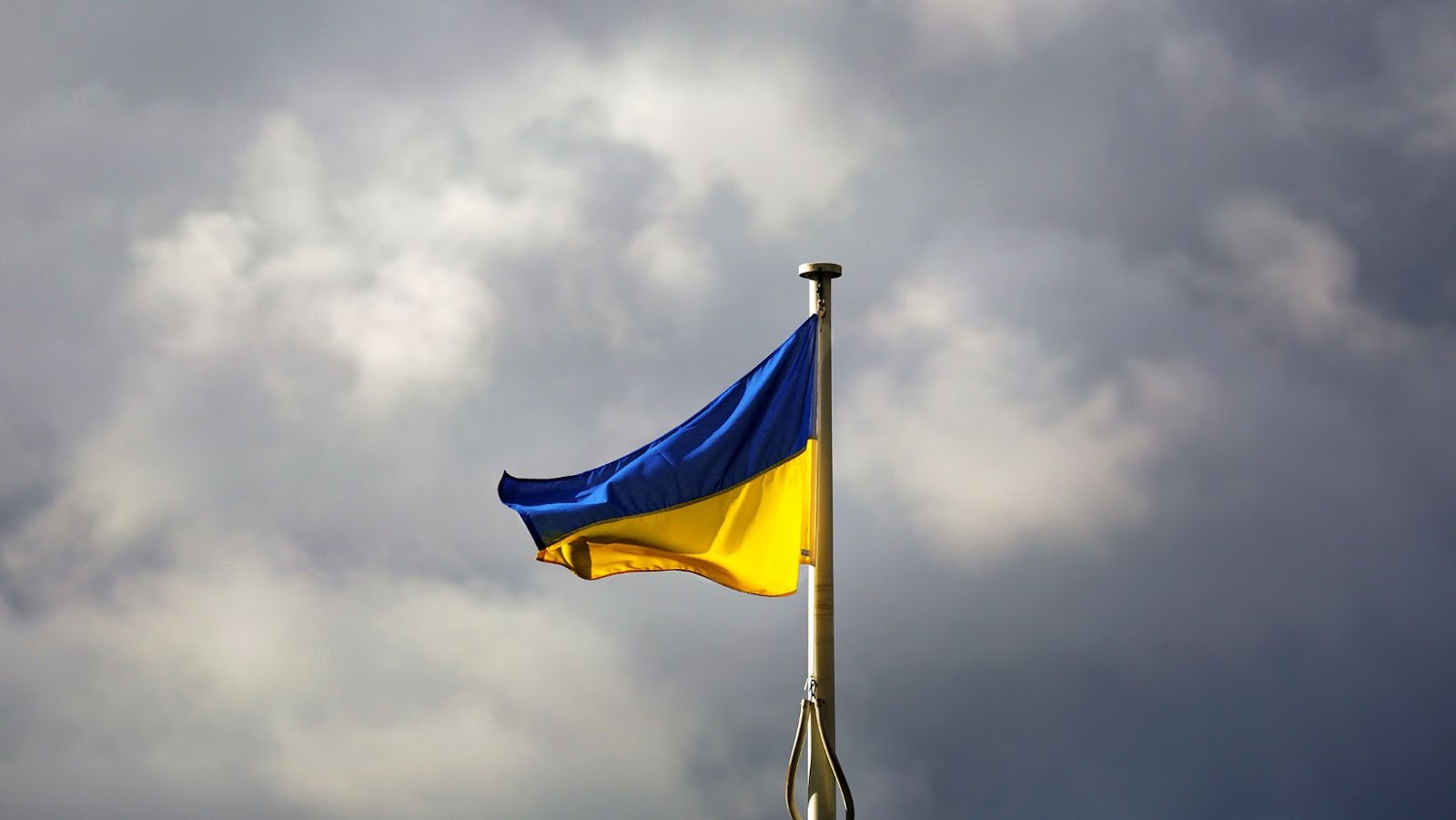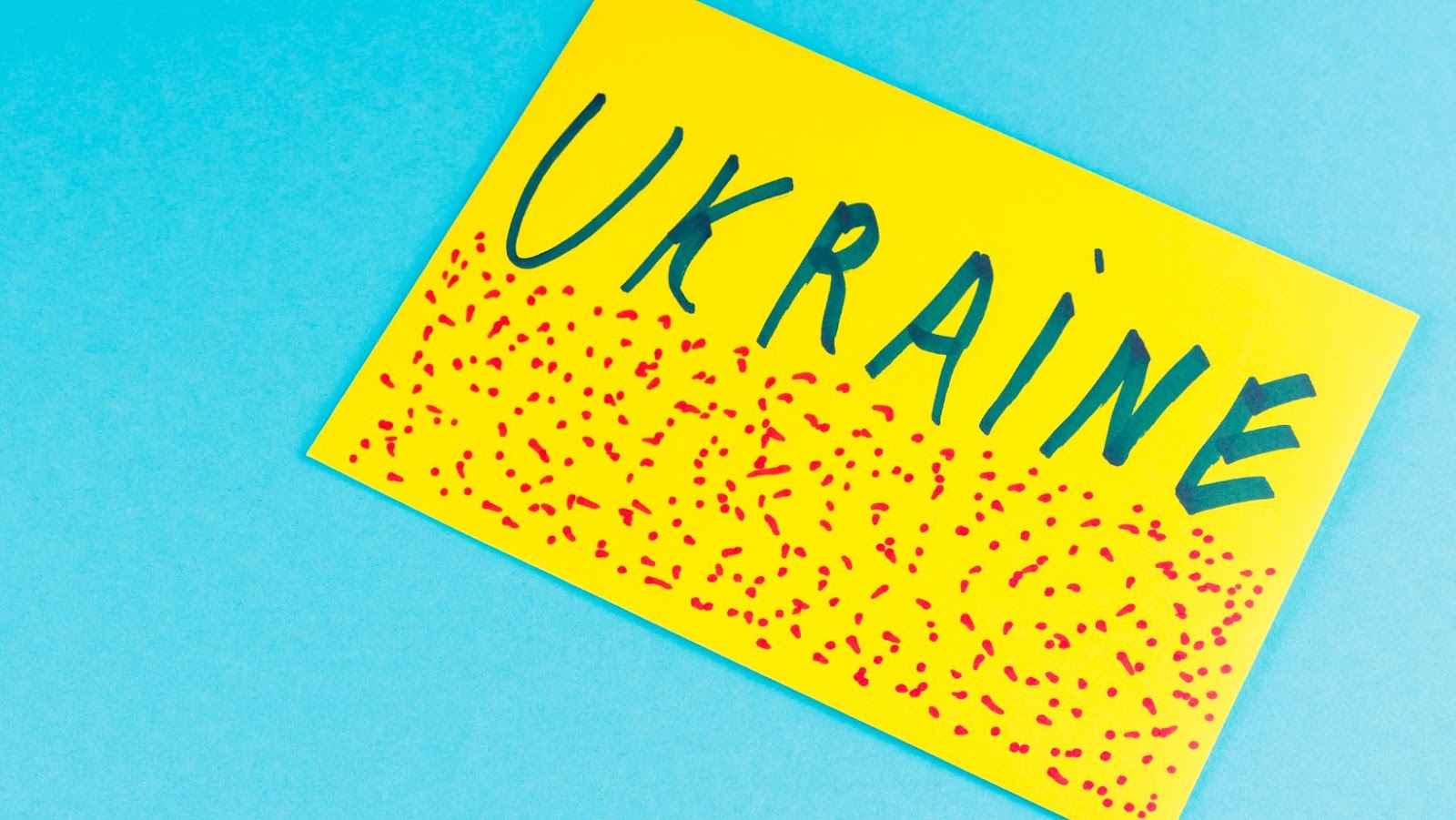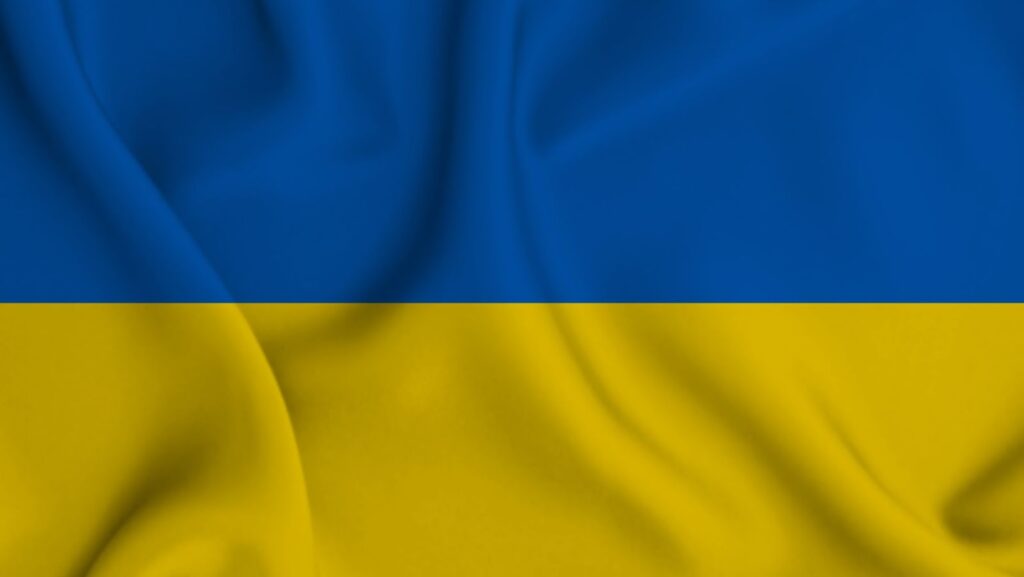Russia’s intervention in Ukraine has been a disaster from the beginning. It has caused immense suffering and resulted in thousands of deaths. It has also severely damaged relations between Russia and the international community, triggering multiple rounds of economic sanctions and limiting Russia’s ability to access global markets for its financial and energy needs.
Despite these unfavourable developments, Russian President Vladimir Putin appears determined to press ahead with his campaign to annex parts of Ukraine. This is even though he has received no formal recognition from any other country for his actions and despite calls from the United Nations, European Union and many other countries to end the conflict peacefully.
In this article, we will examine why Putin’s intervention in Ukraine is doomed to fail and will ultimately hurt Russia itself. We will discuss the various consequences of this conflict, including:
- Political instability in Ukraine
- Further weakening of Russian influence in Europe
- Heightened tensions with world powers
- Economic hardship in both countries
- Security risks posed by illegal activities supporting separatist movements in eastern Ukraine.
Finally, we will examine possible solutions that could end this crisis before it leads to greater devastation across Europe.
Russia’s Basic Errors Jeopardise Its Ukraine Forces
Russia’s intervention in Ukraine has been met with much opposition, and this opposition has only grown stronger over time as the world watches Russia’s attempted military takeover. However, it’s clear that Russia’s decisions and strategies in Ukraine have not been successful, and it is due to several strategic errors.
In this article, we will look at some of the basic errors Russia has made that have caused its current situation in Ukraine to become increasingly precarious:
Lack of Clear Objectives
One of Russia’s most significant strategic errors regarding its intervention in Ukraine has been the lack of clear objectives. As a result, Moscow’s approach to the conflict has been largely reactive, rather than proactive. For instance, when Ukraine embraced closer ties with the EU and railed against Moscow’s influence, the objective was simply to maintain control over Crimea, Donetsk, and Luhansk – two regions of eastern Ukraine that have declared independence from Kiev.
This reactive approach is indicative of a broader weakness in Russia’s strategy – namely the short-term nature of its plans. In terms of international condemnation and sanctions from the US and Europe, Russia was willing to accept these consequences for achieving its immediate goal; however, it failed to consider how promptly resolving the crisis would ensure long-term stability in Eastern Europe. Without a comprehensive plan considering regional alliances and political dynamics, any political gains made by Moscow are likely to be reversed as soon as pressure eases off Kiev or economic reform takes effect.
Without clearly defined long-term strategies or goals regarding energy security or consolidation of power within Eastern Europe, it is difficult to view Russia’s intervention in Ukraine as anything other than a tactical measure with limited success potential. Although, even today much of central Europe remains fiercely opposed to Russian ambitions within Ukraine–including full suppression of Ukrainian autonomy–it appears that any attempts by Putin’s government to achieve this goal will ultimately be doomed from failure.
Poor Management of Local Resources
Russian intervention has been undermined by its clumsy management of local resources. From the outset, Russian leaders failed to recognize that the Russian population in Eastern Ukraine was only a minority of the total number of people living there and could not effectively assist in the occupation. Their attempts to win over parts of Ukraine’s population have been half-hearted. They have mostly consisted of propaganda campaigns and financial incentives to local leaders who can be intimidated or bought off.
Russia has so far failed to understand that local groups in eastern Ukraine are not a monolithic bloc – just because someone speaks Russian does not mean they necessarily support Putin’s goals for reclaiming control of the region, particularly when his proposals include trampling their rights to self-determination or imposing autocratic governmental structures. Moreover, sources suggest widespread dissatisfaction with Putin’s attempt to impose a heavily centralised government that emphasises collectivism rather than individualism—a value system many Ukrainians find antithetical to their long tradition of Western ideals and engagement with Europe1.
Ultimately, this means that Russia will have difficulty finding reliable partners outside its army, special forces, and security services for implementing its strategy in Ukraine.
Moreover, Russia’s military manpower is limited due to ongoing fighting in other parts of Europe such as Syria. This lack of troops means that it will be difficult for them to occupy areas for very long without involving themselves further into resource management—a task which requires more resources than they currently possess or can easily obtain from sympathisers within Ukraine itself. In addition, procedural issues such as
- coordinating movements between different units,
- curating supplies and equipment,
- training new personnel etc.,
are all tasks that require delicate oversight and differ greatly from combat operations against an opponent. As demonstrated by past wars involving regular forces (such as Syria), Russia lacks the necessary expertise to engage large populations through guerrilla tactics or even conventional warfare successfully – making any incursions into Ukrainian territory difficult at best.
Over-Dependence on Military Force
Russia’s strategy of intervening in Ukraine relies heavily on the use of military force, as evidenced by Russia’s efforts to support separatists in eastern Ukraine and its annexation of Crimea. However, this reliance on military force is a mistaken approach that undermines Russia’s goal of securing its regional interests.
Under international law, states are prohibited from using armed force to resolve disputes with other countries. Therefore, any attempt to use military force in Ukraine will be met with condemnation from the international community and will likely only result in further tensions between Russia and other countries.
Additionally, relying heavily on military force overlooks that most conflicts can only be resolved through negotiations and diplomacy. The conflict between Russia and Ukraine is a prime example; it cannot be resolved simply by force. As such, rather than relying solely on military power, both parties must seek peaceful solutions through negotiation and dialogue to achieve their respective goals.
Finally, focusing too much on employing the military might fail to consider potential consequences for long-term stability in the region. After all, if either party resorts to aggressive tactics or attempts to impose their will unilaterally through some show of raw power, this could further destabilise an already volatile situation – ultimately leading to tensions escalating rather than decreasing over time.
Overall, it is clear that Russia’s current approach towards its intervention in Ukraine is misguided; an over-dependence upon the military as a solution ignores international law and peaceful avenues that may prove more effective in resolving this conflict.
The Ineffectiveness of Russian Military
Russia’s intervention into Ukraine has been met with mixed reactions, but one thing that has become increasingly clear is that their strategy is doomed to fail. Various factors have contributed to this, including Russia’s basic errors that have jeopardised its forces and its heavy-handed approach towards the region.
In this article, we’ll explore the ineffectiveness of the Russian military, and why it has such little hope of achieving its goals.

Poor Training and Leadership
The Russian military has been known for having inadequate training and poor leadership at both the field officer and general levels. This has resulted in substandard performance during exercises and military engagements. Due to limited development, the troops of the Russian forces lack experience in manoeuvring tactics and modern weaponry, such as precision guided munitions. Even adequately trained troops suffer from a lack of support via logistics, reinforcements, or supplies.
Additionally, many senior commanders within the Russian military have displayed incompetence or disregard for the rules of warfare when managing personnel on battlefronts; resulting in horrendous human rights violations.

This means that many soldiers are at unnecessary risk due to unsustainable tactics used by commanders with little tactical understanding or regard for their safety. In some cases this lack of accountability results in troops refuting orders due to their unjustness or potential danger posed by following them.
This poor training and leadership can lead to an environment where officers become disillusioned with how they are treated within their units leading to:
- High search rates across ranks
- An increase in internal dissent which impairs battlefield capabilities further
- Problems with motivation within units due to illogical expectations from those above
- Decreased morale and operational efficiency overall
Insufficient Logistical Support
It is essential to look at the practicalities of military operations to understand why Russia’s military intervention in Ukraine is doomed to fail. First, Russia has provided limited logistical support to Ukrainian separatists, which cannot adequately sustain their operations in the long term. This lack of logistical support means they cannot maintain a constant presence on the ground and may be forced to abandon some positions.
For an offensive or defensive operation to be successful, an adequate supply chain must be maintained, allowing forces to replenish ammunition, fuel and other supplies as needed. Without such a chain of delivery, the forces cannot keep up with their needs and will eventually run out of necessary materials. In addition, without sufficient support from Russian forces and lack of experienced commanders in Ukraine, Russian-backed groups are ill-equipped for a successful campaign against Ukrainian military forces.
Russia’s insufficient logistical support can also lead to its offensive operations not meeting strategic goals in Ukraine. Without adequate supply chains, forces can’t move quickly and respond accordingly if needed during a conflict. This can limit their effectiveness when engaging with enemy forces or procuring strategic goals due to delays caused by inadequate supplies or insufficient manpower. For instance, Russia could experience difficulties if they set out specifically designed offensives only to create mass destruction. However, they cannot do so effectively due to insufficient support from its logistics network within Ukraine.
Low Morale and Poor Combat Performance
The Russian military has faced many difficulties in Ukraine, which have led to low morale among its soldiers and lacklustre performance in combat.
Firstly, many of the troops are inexperienced in combat. Although they may have extensive training, they do not possess the skills or knowledge acquired from extensive experience. As a result, their battlefield tactics and strategies are often limited leading to suboptimal combat performance against Ukrainian forces.
Second, Russian soldiers are poorly equipped for conducting operations. It is widely reported that most of their weapons and equipment are outdated. This can make them inadequate for carrying out difficult tasks in a modern battlefield where sophisticated military hardware is required for success. Additionally, poor maintenance renders their relatively small technological edge unreliable when facing Ukrainian forces with better-equipped hardware and software . Many soldiers also struggle with language barriers when performing tasks accurately due to different dialects across Ukraine’s various regions.
Finally, any intervention involving this type of mission affects morale as evident by reports that describe psychological problems linked to feeling isolated from friends and family while being far away from home. As a result of this sense of disconnection, Russian soldiers have experienced depression combined with feelings of guilt related to being far away during important family events such as weddings or graduations at home.

This leads to further doubts regarding intervention leading to lowered overall mood within the ranks thus impacting performance on the ground and contributing towards a general failure of mission objectives set out by Russian forces in Ukraine’s regions.
The Impact of Sanctions
In the face of Russia’s intervention in Ukraine, it is clear that sanctions are affecting Russia’s occupation of Ukrainian territory. Moreover, these economic sanctions have weakened Russia’s ability to maintain control over the region and have caused significant disruption to the country’s economy.
This article will analyse the impact of these sanctions and how they have led to Russia’s basic errors jeopardising its forces in Ukraine.
Economic Sanctions
In response to Russia’s illegal annexation of Crimea, the United States and the European Union have imposed various economic sanctions against Russia, targeting individuals, entities and sectors of the Russian economy. The sanctions are aimed at altering Russia’s behaviour by limiting its ability to access foreign capital, goods and services and other forms of support that could be used to fund its activities in Ukraine.
For example, US sanctions limit Russian state-owned banks from accessing US capital markets; restrict the ability of Russian entities to acquire advanced technology for future oil production; prohibit US persons from exporting certain goods and technology for use in deepwater, Arctic offshore or shale projects located in Russia; suspend US Export-Import Bank financing for exports to Russia; impose visa bans on certain individuals; and freeze assets belonging to specified persons.
EU sanctions against Russia also target banks, energy companies, defence companies and individuals believed responsible for destabilising Ukraine. This includes:
- bans on transactions involving bonds issued by government-controlled Russian financial institutions;
- limits on access to EU primary and secondary capital markets for state-owned banks owned or controlled by five listed public sector entities;
- limitations on dual-use items with military capability such as sniper rifles or night vision goggles which may be used in unstable or conflict regions around the world like Crimea or Syria;
- free trade restrictions which introduce customs duties when exporting certain goods into Russia (ie military equipment);
- an asset freeze held in trust by an EU member state over assets held only within a given member state by entities/individuals identified;
- travel restrictions prohibiting travel from/to EU countries to/from list entities/individuals identified.
Political Sanctions
Political sanctions are punitive measures one state takes against another, aimed at influencing or changing the behaviour of the target government and its citizens. Sanctions imposed by one nation on another can range from economic embargoes and restrictions to full diplomatic ties. In addition, countries can also impose political sanctions in the form of travel bans and asset freezes, as well as through diplomatic pressure such as boycotts, divestment campaigns and targeted support for certain factions within the targeted nation.
The most recent example of this type of sanctions is imposed by the United States and other Western nations on Russia due to its intervention in Ukraine. These sanctions aimed at limiting Russia’s involvement in Ukraine include travel bans on some individuals associated with Russian policy, asset freezes of those same persons’ accounts, limitations on investments to specific “strategic” sectors of the Russian economy such as oil, banking and shipping, and broader trade restrictions such as import/export bans.
These various measures have been implemented to increase pressure on Russia to comply with previously agreed-upon policies for resolving the crisis in Ukraine. It is hoped that these political sanctions will help deter any further attempts by Russia to interfere with countries near its borders. But, ultimately, it is up to each state (supported by international efforts) to decide whether or not these economic or political pressures are sufficient to change long-term behaviour or bring about a lasting peace settlement in Ukraine.
International Isolation
One of the key reasons Russia’s intervention in Ukraine is doomed to fail is due to international isolation and sanctions placed upon it. The United States, the European Union and various other countries have imposed various economic, trade and financial sanctions to deter Russian aggression in Ukraine.
The U.S. has targeted Russian government officials, major energy companies, defence contractors and banks accused of aiding President Vladimir Putin’s efforts to undermine Ukraine’s democracy. The U.S. also imposed stiff restrictions on several state-owned companies held by individuals or entities with close ties to the Russian government.
In addition to these direct sanctions, the United States has implemented secondary boycott measures to discourage foreign firms from conducting business with Russia. These measures target entities who conduct transactions with Russia or access its financial system such as foreign entities dealing with Gazprombank, Sberbank or VTB Bank, or those investing in or providing goods and services related to Crimea or Sevastopol ports.
Moreover, the European Union has implemented sweeping asset freezes against individuals involved in destabilising activities in Ukraine further constricting access for businesses interested in conducting operations there. Specifically, these measures hit wealthy Russians involved in pro-Russian separatist activities and members of their inner circles by preventing them from accessing abroad assets located within EU member states under the jurisdiction of EU member banks that also froze their assets within Europe. This affects current activity and could potentially freeze capital flows for future projects involving sanctioned persons.
Russia’s continued aggression against Ukraine places it at odds with much of the international community which is reflected through various sanction programs being imposed upon it that together make up an ever tightening restrictive environment many businesses find themselves unable willing risk working within leading further stagnation of Russia’s economy, domestically and abroad – pushing deeper a sense of isolation felt by its people while serving as strong deterrent again further aggressive action against its neighbours or allies alike outside Russian borders looking toward preserving stability not only today but into tomorrow as well.
tags = war tanks and trucks, russian forcces basic errors, failing to shut down cellphone use, writhin range of ukrainian artillery, ammunition near troops, indicative of poor operational discipline, russian militarry bloggers, analysts ukraine us weststreetjournal, analysts ukraine us russia weststreetjournal, concentration of troops to gather within the range of precise Ukrainian artillery, observable military equipment nearby


More Stories
Qualcomm and Microsoft’s AR Collaboration
How Canva’s Acquisition of Kaleido Will Impact the Design Industry
The Future of the Metaverse and it’s Importance